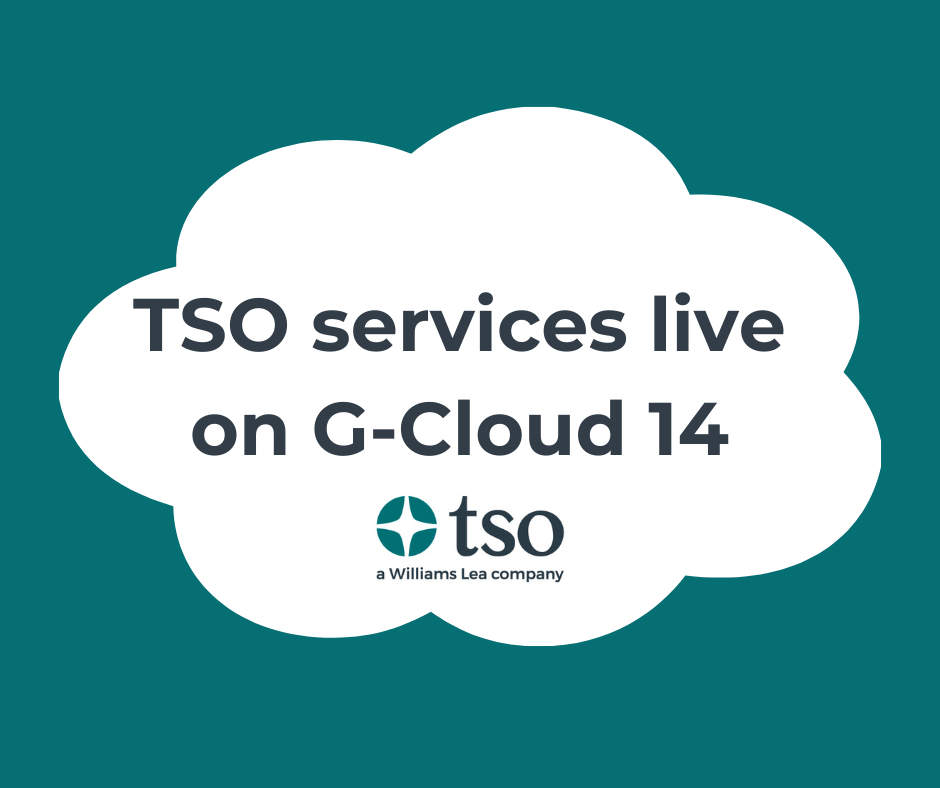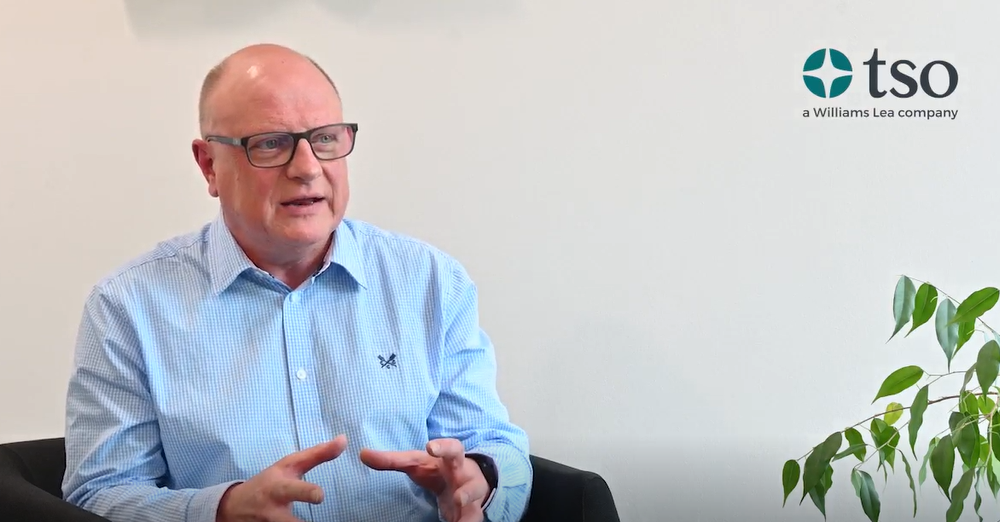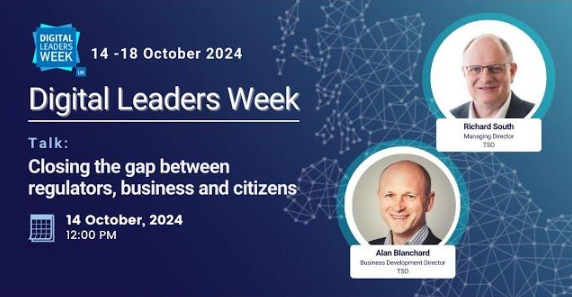TSO’s Alan Blanchard was invited to participate on panels at two large conferences in the past month, talking about how digital technologies, and RegTech for regulators in particular, can help to make compliance easier.
IFGS 2024 (London, April 2024) and Global RegTech Summit (London, May 2024) brought together regulators, policy makers and innovators to spotlight RegTech in financial services.
Here, Alan shares his top take aways from both events:
The Rise of Artificial Intelligence
The accuracy of AI outputs has improved to a point where it can be taken seriously as a tool, particularly in financial services. This opens up opportunities for innovation and efficiency. However, it also needs good risk management and governance in place.
The Winds of Change
With 40 elections taking place in what is being dubbed as the biggest year for democracy on record, the question on everyone’s mind is - what comes next? Will there be a greater appetite for innovation, perhaps even an office for regulatory innovation, or will we see a clinging to the status quo? Only time will tell.
Momentum in Collaboration
Firms and regulators share the same goal: compliance. So it is good to see greater collaboration between regulators, regulated firms and technology. Momentum in international co-operation was another key takeaway. Initiatives like the UK-Ukraine tech bridge, along with many others, point to an ambition to mutualise effort and share benefits.
Innovative Regulatory Thinking
Regulatory thinking is becoming innovative again. Regulators are looking at delivering improvements to their systems and processes that have been in the R&D phase until now. The Financial Conduct Authority’s (FCA) new continuous sandbox and potential for a machine-readable handbook are examples of this. Increasing the depth of RegTech solutions will bring regulated organisations and regulators closer together and move towards more modern, efficient regulatory practices.
Data is Central
The old adage, “garbage in, garbage out” is still true and even more important when you add AI. By laying the proper foundations to enable clarity and certainty when it comes to calling for data, we can move towards reliable data collection systems that can be tweaked and adjusted in real time.
In summary, setting a digital first standard for regulators, where regulations are not locked away in PDFs on a website but made usable for regulated organisations and RegTech, will maximise opportunities for efficiency and collaboration.
You can view the panel session from IFGS 2024 “Can Regulators pass the RegTech test?” on YouTube






